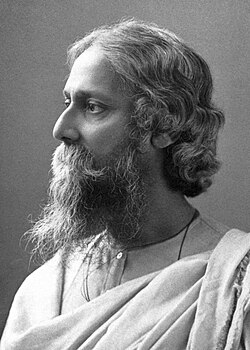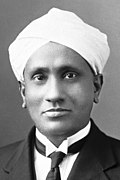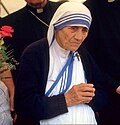
The Nobel Prize is a set of annual international awards bestowed on "those who conferred the greatest benefit on humankind" in the fields of Physics, Chemistry, Physiology or Medicine, Literature, Peace and Economic Sciences, [A] [2] instituted by Alfred Nobel's last will, which specified that a part of his fortune be used to create the prizes. Each laureate (recipient) receives a gold medal, a diploma and a sum of money, which is decided annually by the Nobel Foundation. [3] The Royal Swedish Academy of Sciences awards the Nobel Prize in Physics, the Nobel Prize in Chemistry and the Sveriges Riksbank Prize in Economic Sciences in Memory of Alfred Nobel; the Nobel Assembly at the Karolinska Institute awards the Nobel Prize in Physiology or Medicine; the Swedish Academy awards the Nobel Prize in Literature; and the Norwegian Nobel Committee awards the Nobel Peace Prize. They are widely recognised as one of the most prestigious honours awarded in the aforementioned fields. [4]
Contents
First instituted in 1901, the Nobel Prize has been awarded to a total of 989 individuals (930 men and 59 women) and 30 organisations as of 2022 [update] . [5] Among the recipients, 12 are Indians of which 5 are Indian citizens and 7 are of Indian ancestry or residency. Rabindranath Tagore was the first Indian citizen to be awarded and also the first non-European and the first Asian to be awarded in 1913. Mother Teresa is the only woman among the list of recipients. [6] Sri Aurobindo, the Indian poet, philosopher, nationalist and developer of Integral yoga, was nominated unsuccessfully for the Nobel Prize in Literature in 1943 and for the Nobel Peace Prize in 1950. [7] [8]
On 1 December 1999, the Norwegian Nobel Committee confirmed that Mahatma Gandhi was nominated unsuccessfully for the Peace Prize five times (from 1937 to 1939, in 1947 and a few days before he was assassinated in January 1948). [9] In 2006, Geir Lundestad, the Secretary of Norwegian Nobel Committee, cited it as "the greatest omission in our 106-year history". [10] [11] [12]













